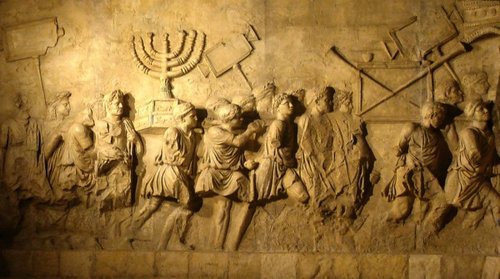The Battle Creek Enquirer tells us that Calhoun County (where I live) is going to get $3 million in stimulus spending, and Governor Granholm is requiring $300,000 of it to be spent on a bike path along Columbia Avenue. The county commissioners are outraged at this, as they should be. It’s a bad decision, and it’s a bad way of making decisions. It may be the result of lobbying by bicycle activists, but it’s not a good thing for bicyclists — at least not for those who use their bicycles for transportation.
Our county’s roads are in terrible shape. I’m told the county has gotten a new highway commissioner in the past year, and some of the things I’ve heard about new equipment and methods for maintaining the roads seem to indicate a good attempt at better maintenance than we’ve had in the past. But this is a step in the wrong direction. Money spent on resurfacing roads would in many cases do a lot more for bicyclists than would money spent on a bike path.
I’ve blogged about this topic of bike paths vs roads before, in “Bike paths and falling bridges,” and over at The Spokesrider, in “Multi-use trails in Holmes County.” In the first of these articles I talked about the bike path in the above photo, which is one of the most pointless I’ve ever seen. It’s an example of where the money should have been spent on the road instead. A bike path along Columbia Avenue wouldn’t be pointless — but it still wouldn’t be the best thing for bicyclists.
Close to my home, some of the roads are so pot-holed that we now drive extra miles to avoid the worst sections. The alternate routes only add about 2/3 of a mile to a trip toward town, and 1/2 of a mile on my commute to work, so I can’t complain a lot. But even the alternate routes have potholes. Even on the alternates, there are places where I fear that the pothole avoidance will cause an accident someday. And when I’m riding them on my bicycle, I don’t like the idea that cars will be too busy swerving around the craters in the road to notice a bicycler who is doing the same.
BTW, in general I am not writing my legislators regarding stimulus funding. Some of that funding, if spent in the right places, would be of direct benefit to me in my place of employment. But I find it highly improper to lobby my legislators for money to be spent on my job. It’s a huge conflict of interest to say, “Please, please, spend money on X. It would make the world a better place, and oh, by the way, it would help keep my job in existence.” The idea that it’s improper to lobby for things of monetary benfit to one’s self is an ethic that needs to be adopted more widely, otherwise we’ll continue to have problems like that described in the WSJ in “When Congress Spends, Worse Is Better.”
I’m not sure it’s right for me to lobby for better bicycle routes, either, since there would be so much of ME to what I say. But if I were to do so, as a bicyclist I would lobby for more money to be spent fixing our roads, and doing it in a way to make them bicyclable, too. (And that means taking it easy on installing rumble strips, which sometimes make riding difficult or dangerous.)

